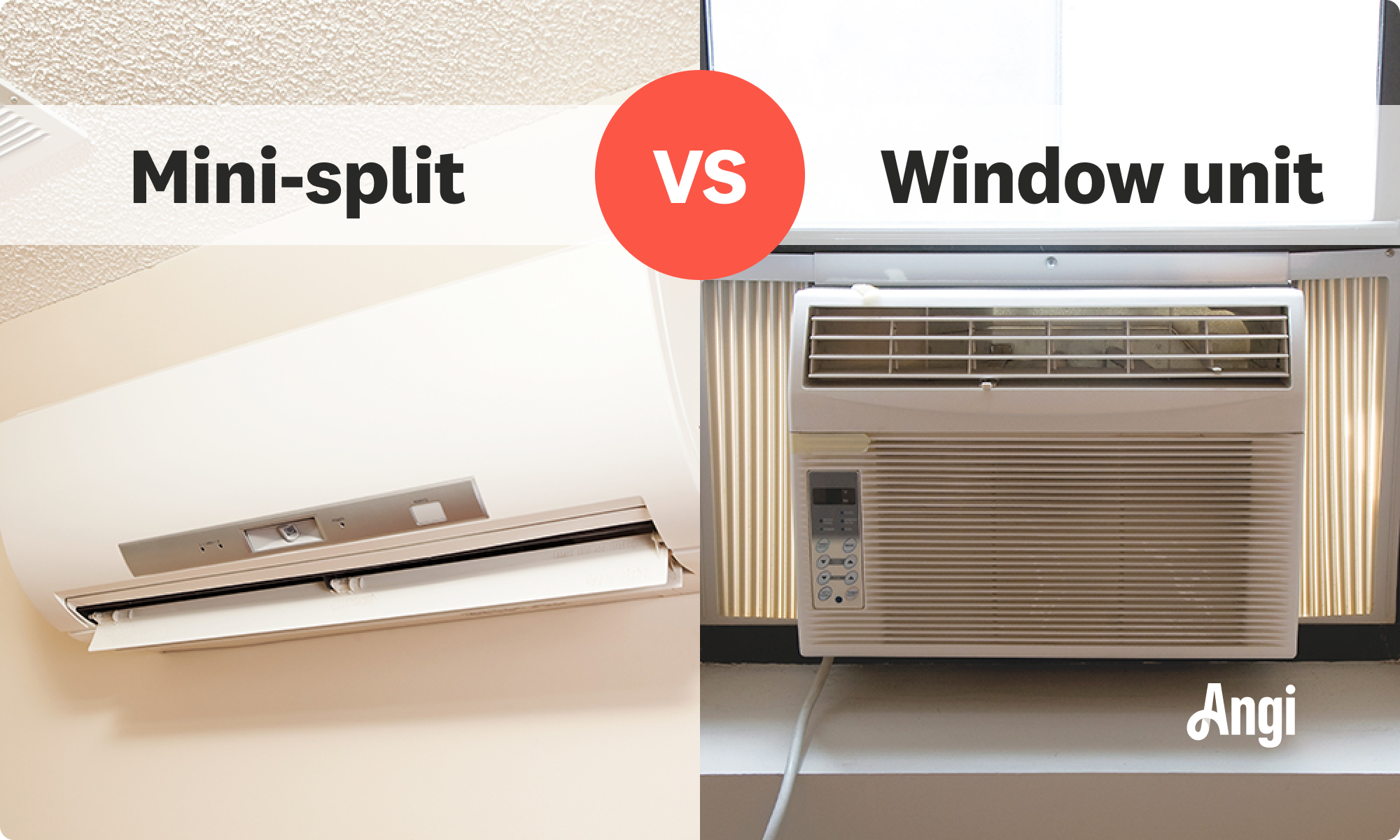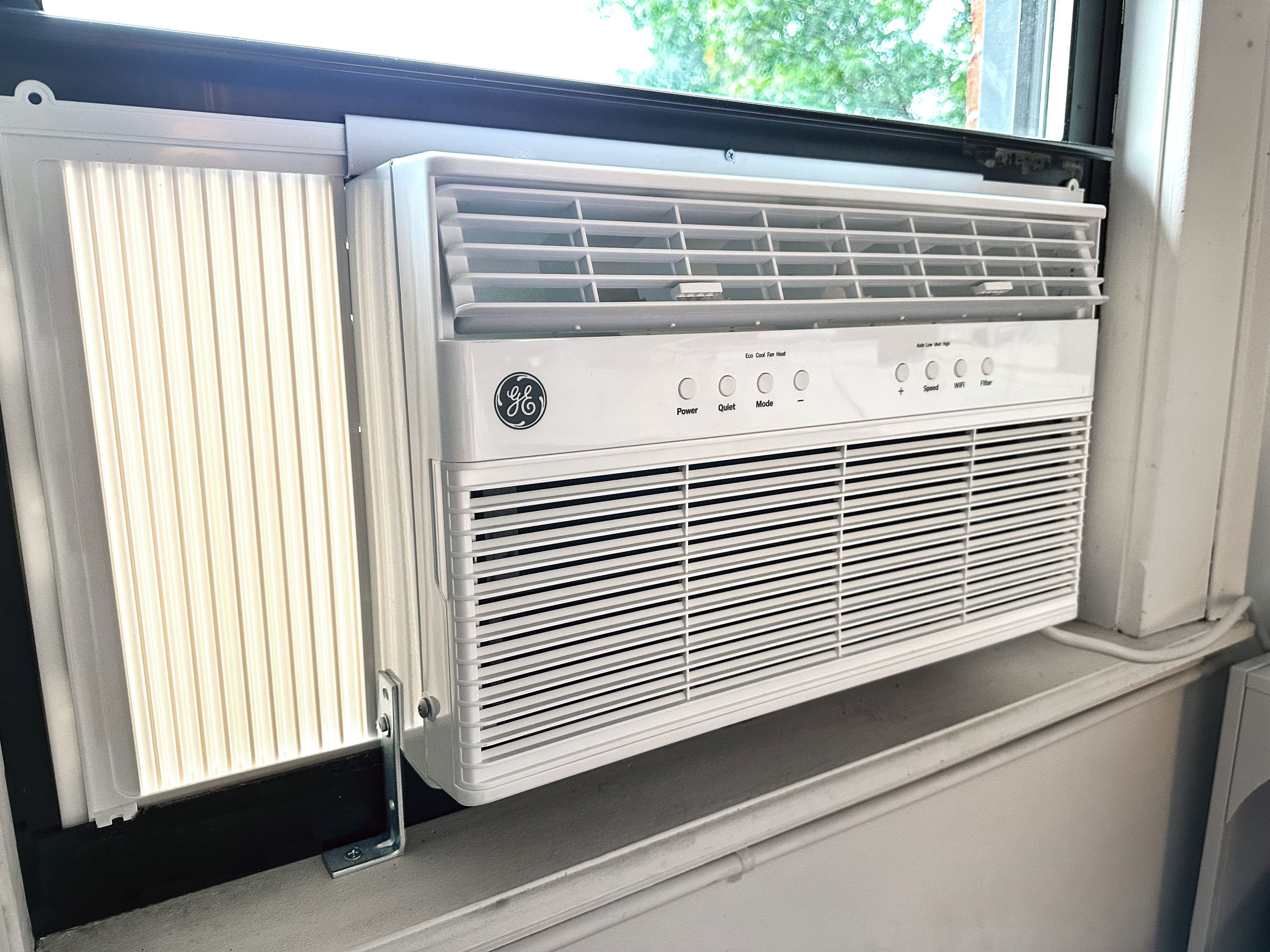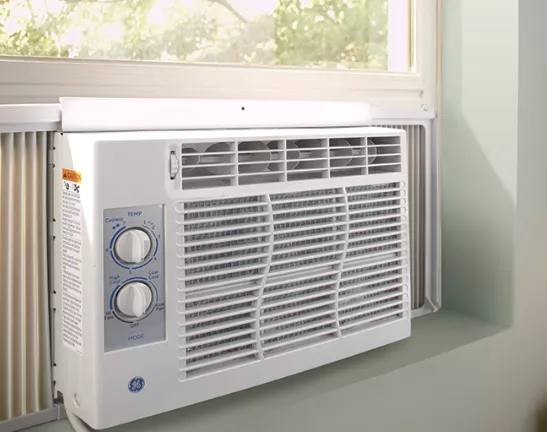Are you wondering if a window air conditioner could save you money compared to central air? You’re not alone.
Choosing the right cooling system for your home isn’t just about staying comfortable—it’s about making the best decision for your budget. What if you could keep your space cool without breaking the bank? This article will help you understand the real costs behind window units and central air systems, so you can find the option that fits your needs and saves you money.
Keep reading to discover which cooling choice makes the most sense for you.

Credit: www.angi.com
Cost Comparison
Window air conditionersusually cost less to buy than central air systems. Their initial purchase priceis often much lower, making them a budget-friendly choice for cooling one room.
Installation expensesfor window units are minimal. Most can be installed by the owner without professional help. Central air requires professional installation, which can be expensive and take several hours or days.
| Cost Type | Window Air Conditioner | Central Air Conditioner |
|---|---|---|
| Initial Purchase | $100 – $500 | $3,000 – $7,000 |
| Installation | Low or None | $1,500 – $3,000 |
| Long-Term Maintenance | Low | Higher (filter changes, professional servicing) |
Long-term maintenance costsare lower for window units. Central air requires regular checks and repairs, which add up over time.

Credit: www.forbes.com
Energy Efficiency
Window air conditionersuse less power than central air systems. They cool only one room, which saves energy. Central air cools the whole house, using more electricity.
Central systems often have a higher energy consumption. They run longer to keep the entire house cool. This can lead to higher utility bills.
| System Type | Power Consumption (kWh) | Impact on Utility Bills |
|---|---|---|
| Window Unit | 0.5 – 1.5 kWh | Lower bills, room-specific cooling |
| Central Air | 3 – 5 kWh | Higher bills, whole house cooling |
Choosing a window unit can reduce electricity use. Central air is better for cooling many rooms but costs more. Utility bills reflect these differences clearly.
Cooling Performance
Window air conditionerswork best in small to medium rooms. They cool only the room where they are installed. This makes them less effective for large spaces. Central air systems cool the entire house evenly, no matter the size.
Temperature control in window units can be less consistent. The temperature might fluctuate more. Central air systems keep a steady temperaturethroughout the home. This provides better comfort.
Noise levelsdiffer greatly. Window ACs often make more noise because the compressor is inside the room. Central air units keep the compressor outside, making the indoors quieter. Noise can be an important factor for bedrooms or study rooms.

Credit: www.popularmechanics.com
Lifespan And Durability
Window air conditionersusually last about 8 to 10 years. They need regular cleaning to work well. Dirt and dust can make them break sooner. Simple repairs can keep them running longer.
Central air systemsoften last 15 to 20 years. They need good care and yearly check-ups. Filters must be changed often to keep air clean. A well-kept system saves money in the long run.
| Factor | Window Units | Central Air Systems |
|---|---|---|
| Average Lifespan | 8-10 years | 15-20 years |
| Maintenance | Regular cleaning, filter changes | Annual servicing, filter replacement |
| Durability | Affected by dust, outdoor exposure | Depends on installation quality and care |
Installation Flexibility
Window air conditionersare easy to move from room to room. They fit in most windows and do not need big changes to your home. This makes them very flexibleto install and use.
Central air systemsusually need major home changes. You might have to add ducts and vents in walls and ceilings. This work can take time and cost more money.
| Home Type | Window AC Suitability | Central Air Suitability |
|---|---|---|
| Small Apartments | Very good, easy to install | Less suitable, costly setup |
| Older Houses | Good, no big changes needed | Needs duct work, may be hard |
| Newer Homes | Works well in rooms | Best fit, planned ducts |
Environmental Impact
Refrigerantsin window air conditioners often have a higher chance of leaking. These leaks release gases that harm the environment. Central air systems use newer refrigerants that are less harmful but still impact the ozone layer.
Window units usually consume more energy per room cooled. Central air systems cool entire homes more efficiently. This means they can lower overall energy use if used properly.
- Eco-friendly options include units with natural refrigerants.
- Energy Star certified models use less electricity.
- Regular maintenance helps reduce emissions and energy waste.
When To Choose Window Units
Window air conditionersare a good choice when money is tight. They cost less than central air systems and use less power. This makes them ideal for small roomsor spaces like bedrooms and offices.
They cool areas quickly and are easy to install. Perfect for those who need temporary coolingduring hot months or short stays. You can move them from room to room as needed.
- Save money on upfront and running costs
- Cool small spaces efficiently
- Easy to install and remove
- Good for renters or short-term use
When To Choose Central Air
Central air systemscool an entire house evenly and quietly. They work best for whole-home coolingwhere multiple rooms need temperature control at once. Central air units are hidden, creating a clean look inside your home.
Choosing central air can increase home value. Many buyers prefer homes with built-in cooling systems. This adds comfort and can make selling easier.
Though central air costs more at first, it is a long-term investment. It uses less energy per room than many window units. It also lasts longer with proper care.
Frequently Asked Questions
Are Window Ac Units More Cost-effective?
Window air conditioners generally cost less upfront than central systems. They are ideal for cooling small spaces and can be more energy-efficient for short-term use. However, their energy consumption might be higher in the long run if used extensively. Consider your specific cooling needs and usage patterns to determine the best option.
How Much Do Window Ac Units Cost?
Window air conditioners typically range from $150 to $600. Prices vary based on size, brand, and features. They are more affordable than central air systems, which can cost thousands. For a budget-friendly cooling solution, window units are often a great choice for smaller spaces.
Do Window Ac Units Consume More Energy?
Window air conditioners can consume more energy for larger spaces. They are less efficient than central air for whole-house cooling. However, they can be more energy-efficient for cooling single rooms. To maximize efficiency, choose an appropriately sized unit and ensure proper installation and maintenance.
Is Central Air Better For Large Homes?
Central air is generally more efficient for cooling large homes. It provides uniform temperature control and better air circulation throughout the house. While the initial cost is higher, it can be more cost-effective in the long run for larger spaces.
Evaluate your home’s size and cooling needs before deciding.
Conclusion
Window air conditioners cost less upfront than central air systems. They use less energy for cooling one room or small spaces. Central air cools the whole house but costs more to install and run. Maintenance and repair expenses also differ between the two.
Think about your budget, home size, and cooling needs before choosing. Each option has pros and cons depending on your situation. Saving money now might mean higher bills later. Choose the system that fits your lifestyle and wallet best.
